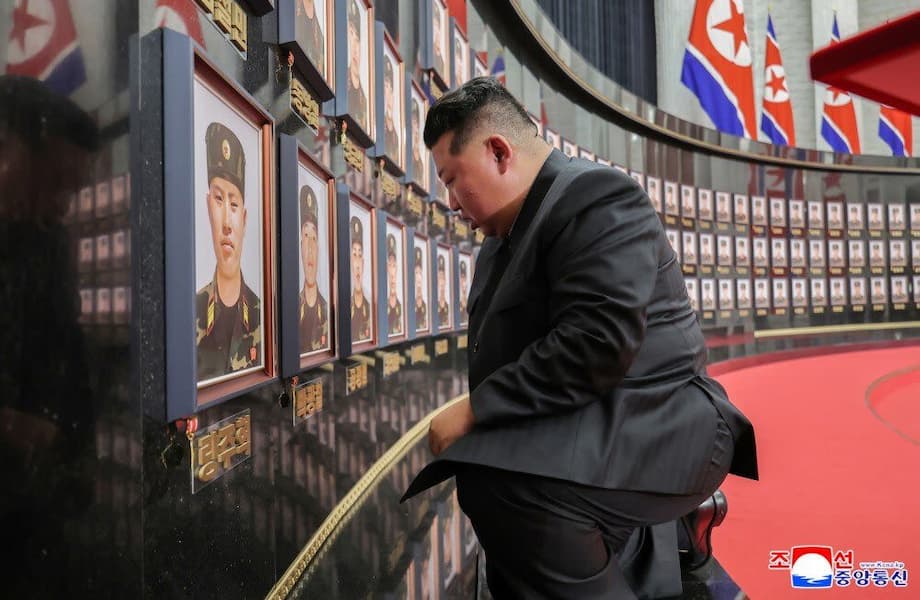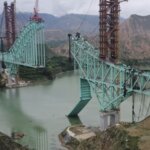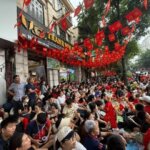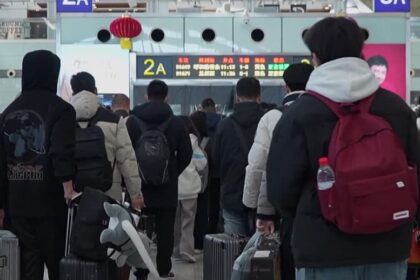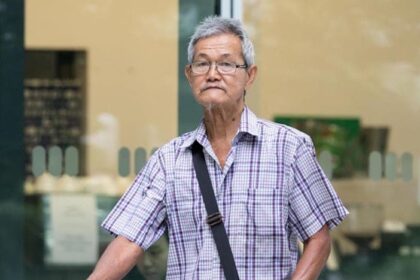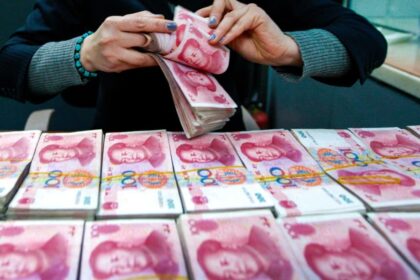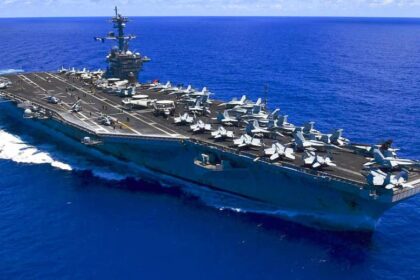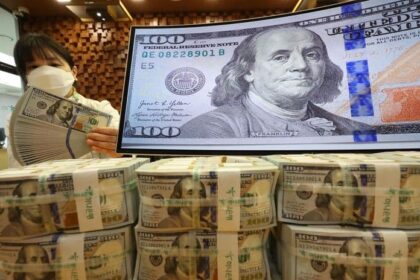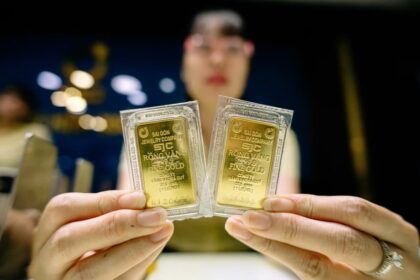North Korea’s Rare Admission: Honoring Fallen Soldiers in Russia’s War on Ukraine
In a striking and rare public ceremony, North Korean leader Kim Jong Un paid an emotional tribute to his country’s soldiers killed while fighting for Russia in the ongoing war against Ukraine. The event, held in Pyongyang, marked a significant departure from North Korea’s typical secrecy regarding military operations and losses, and signaled the regime’s growing involvement in a conflict far from its own borders.
- North Korea’s Rare Admission: Honoring Fallen Soldiers in Russia’s War on Ukraine
- Why Did North Korea Send Troops to Fight in Ukraine?
- The Scale of North Korea’s Involvement: Troop Numbers and Casualties
- Inside the Ceremony: Public Mourning and Propaganda
- Military Lessons and Strategic Gains for North Korea
- What Does North Korea Get in Return?
- International Reactions and Broader Implications
- Media Coverage and the Changing Narrative
- In Summary
Kim’s speech, delivered before bereaved families and returning soldiers, was laden with grief and pride. He expressed regret for not being able to protect the “precious sons” of the nation and praised the troops as heroes who had sacrificed their lives for “great victory and glory.” The ceremony included the awarding of medals, the pinning of commendation badges on both living soldiers and the portraits of the deceased, and moments of public mourning that were broadcast by state media and widely reported by international outlets.
Why Did North Korea Send Troops to Fight in Ukraine?
North Korea’s decision to send thousands of troops to support Russia in its war against Ukraine is rooted in a complex web of strategic, political, and economic motivations. The deployment began in late 2024, following high-profile meetings between Kim Jong Un and Russian President Vladimir Putin. Both countries, increasingly isolated on the world stage, have found common cause in challenging Western influence and seeking mutual benefit.
According to official statements from Pyongyang and Moscow, the deployment was carried out under a mutual defense treaty signed in June 2024. North Korea’s state media framed the intervention as a response to a Russian request for assistance in “liberating” the Kursk region from Ukrainian forces, describing the operation as a matter of justice and solidarity. Kim Jong Un called the soldiers “heroes and representatives of the honour of the motherland,” while Russian officials, including President Putin and Chief of Staff Valery Gerasimov, publicly praised the North Korean troops for their “heroism” and “significant assistance.”
For North Korea, the war in Ukraine offers a rare opportunity to gain real-world combat experience for its military, which has not engaged in large-scale fighting since the Korean War ended in 1953. Analysts suggest that Pyongyang is also seeking advanced Russian military technology, economic aid, and diplomatic support in exchange for its involvement. The alliance has deepened as North Korea has supplied not only manpower but also artillery shells, missiles, and other military equipment to Russia, helping Moscow offset shortages caused by Western sanctions and battlefield losses.
The Scale of North Korea’s Involvement: Troop Numbers and Casualties
Estimates of the number of North Korean troops sent to Russia vary, but most Western and South Korean intelligence sources agree that between 11,000 and 15,000 soldiers have been deployed, primarily to the Kursk region. These forces are believed to include members of elite units such as the Storm Corps, known for their discipline and ideological indoctrination.
North Korea’s initial reluctance to acknowledge its losses gave way to public admission as the scale of casualties became impossible to conceal. South Korean intelligence estimates that at least 600 North Korean soldiers have been killed and thousands more wounded, with some sources suggesting total casualties (killed and wounded) could be as high as 4,700. Ukrainian and U.S. officials have provided similar figures, and reports indicate that North Korea may be preparing to send an additional 25,000 to 30,000 troops to reinforce Russian positions in the coming months.
The heavy losses suffered by North Korean troops have been attributed to their lack of experience in modern warfare, unfamiliarity with drone and electronic warfare, and the brutal nature of the fighting in Ukraine. Early in their deployment, North Korean units reportedly used outdated tactics, moving in large, disciplined groups that made them vulnerable to Ukrainian artillery and drone strikes. However, Ukrainian commanders have noted that the North Koreans adapted quickly, learning to use drones and electronic countermeasures and demonstrating a willingness to risk their lives to retrieve fallen comrades.
Inside the Ceremony: Public Mourning and Propaganda
The ceremony in Pyongyang was unprecedented in its openness and emotional intensity. State media showed Kim Jong Un kneeling before portraits of 101 fallen soldiers, pinning medals on their photographs, and embracing grieving family members. Soldiers who had returned from the front were honored with concerts and banquets, and the families of the dead were publicly recognized and comforted by the country’s leader.
Such public displays of mourning are highly unusual in North Korea, where the regime typically conceals military casualties and tightly controls information. Analysts believe the ceremony was intended to boost morale, justify the deployment of troops abroad, and reassure a domestic audience increasingly aware of the war’s toll through social media and unofficial channels. The government has also promised to build a monument in Pyongyang to honor the fallen, elevating their status to that of martyrs from past wars.
“My heart aches and is bitter as I face the reality that I only get to meet the noble figures who gave up their precious lives for great victory and glory through photos on the memorial wall,” Kim Jong Un said in his speech, according to state media.
By publicly acknowledging the losses and honoring the dead, Kim aims to control the narrative and maintain public support for continued involvement in the conflict. The regime has also granted special privileges to the families of the fallen, such as the right to move to Pyongyang, in an effort to soothe discontent and prevent unrest.
Military Lessons and Strategic Gains for North Korea
For North Korea, the war in Ukraine is more than just an opportunity to support a key ally. It is a chance to modernize its military, test new weapons, and gain invaluable combat experience. The deployment has allowed North Korean troops to learn about drone warfare, electronic countermeasures, and the realities of modern battlefields—skills that could be transferred to the Korean Peninsula and used in future conflicts with South Korea or other adversaries.
Ukrainian soldiers have described the North Koreans as physically fit, disciplined, and highly motivated. Some have recounted near-suicidal tactics, such as soldiers detonating grenades to avoid capture, and others removing protective gear to move faster in attacks. Over time, North Korean units have become more adept at avoiding drone detection and shooting down enemy drones, demonstrating a capacity for rapid adaptation.
Military experts warn that the experience gained in Ukraine could make North Korea’s army more formidable in the future. South Korea and its allies are particularly concerned that returning veterans will train others in modern warfare techniques, potentially shifting the balance of power on the Korean Peninsula.
What Does North Korea Get in Return?
North Korea’s support for Russia is not without reward. In exchange for troops and military supplies, Pyongyang is believed to be receiving oil, food, and advanced military technology from Moscow. U.S. and South Korean officials have expressed concern that Russia may be providing North Korea with technology related to missiles, drones, and even space and satellite systems—capabilities that could enhance Pyongyang’s nuclear and ballistic missile programs.
Economic incentives are also at play. North Korea, heavily sanctioned and economically isolated, has sought to export labor and secure financial aid from Russia. Reports indicate that Pyongyang has sent thousands of workers to Russia, often under harsh conditions, to earn hard currency for the regime. The war has provided a new avenue for such cooperation, despite international sanctions prohibiting these practices.
For Russia, North Korean troops and munitions help alleviate manpower shortages and sustain its war effort in Ukraine. The alliance also serves as a geopolitical counterweight to Western influence, with both countries seeking to challenge the U.S.-led international order.
International Reactions and Broader Implications
The public acknowledgment of North Korean troops fighting—and dying—in Ukraine has drawn strong reactions from the international community. The United States and its allies have condemned Pyongyang’s involvement, accusing North Korea of perpetuating the war and violating international sanctions. Human rights organizations have raised concerns about the use of North Korean labor and the treatment of soldiers and their families.
South Korea, in particular, is alarmed by the prospect of a more experienced and technologically advanced North Korean military. The deployment has also complicated efforts to restart diplomatic talks aimed at reducing tensions on the Korean Peninsula. Meanwhile, the deepening alliance between Russia and North Korea has raised fears of increased military cooperation, including the transfer of sensitive technologies that could destabilize the region.
For Ukraine, the presence of North Korean troops on the battlefield has added a new layer of complexity to an already brutal conflict. Ukrainian commanders have acknowledged the challenges posed by the influx of highly motivated and disciplined foreign fighters, even as they continue to resist Russian advances.
Media Coverage and the Changing Narrative
The ceremony in Pyongyang and the subsequent media coverage mark a turning point in North Korea’s approach to information control. For the first time, North Korean state television aired extensive footage of its troops fighting in Ukraine, showing them using mortars, rockets, drones, and other weapons. This openness is partly a response to the spread of unofficial information and images on social media, as well as the public availability of accounts from captured North Korean prisoners of war.
By embracing a narrative of heroism and sacrifice, the regime seeks to legitimize its actions and maintain domestic support. The public honoring of soldiers, the awarding of medals, and the construction of monuments all serve to reinforce the message that North Korea’s involvement in Ukraine is both justified and honorable.
In Summary
- Kim Jong Un held an emotional ceremony in Pyongyang to honor North Korean soldiers killed fighting for Russia in Ukraine, marking a rare public admission of military losses.
- North Korea has deployed an estimated 11,000 to 15,000 troops to support Russia, primarily in the Kursk region, with hundreds killed and thousands wounded.
- The deployment is part of a broader strategic alliance between Pyongyang and Moscow, involving mutual defense agreements, military technology transfers, and economic aid.
- North Korean troops have gained valuable combat experience, adapting quickly to modern warfare and drone tactics, raising concerns about future threats on the Korean Peninsula.
- The public ceremony and media coverage are intended to boost morale, justify the deployment, and control the domestic narrative amid growing awareness of the war’s toll.
- International observers are alarmed by the deepening Russia–North Korea alliance and the potential transfer of advanced military technology to Pyongyang.
- The ongoing involvement of North Korean forces in Ukraine represents a significant shift in global security dynamics, with implications far beyond the immediate conflict zone.


